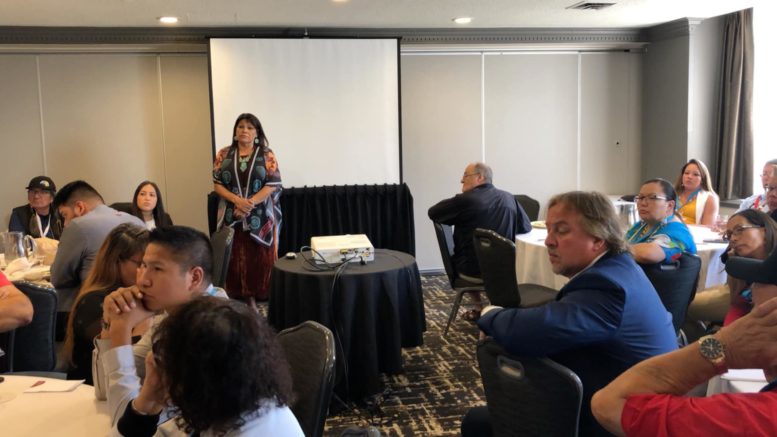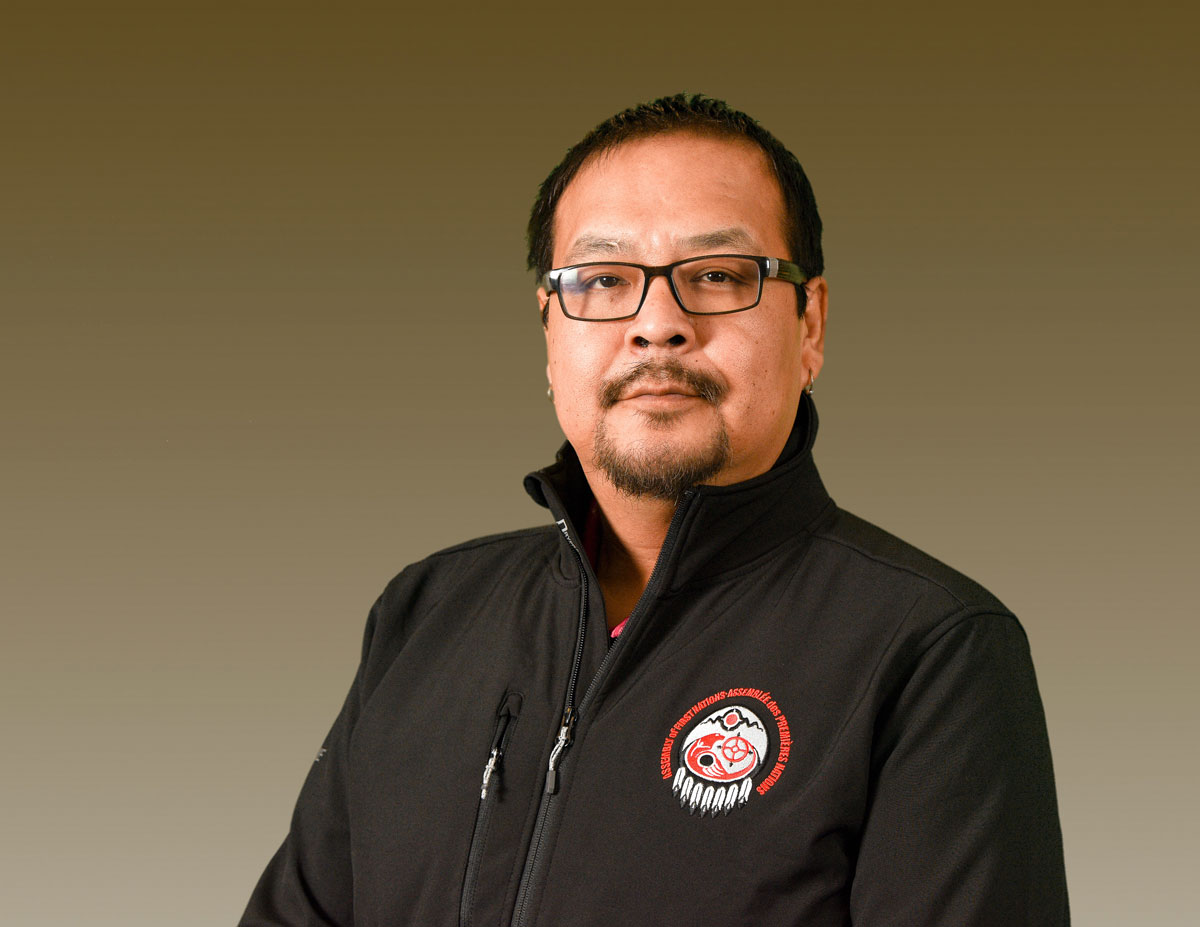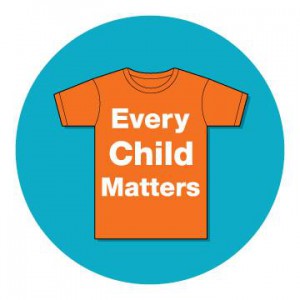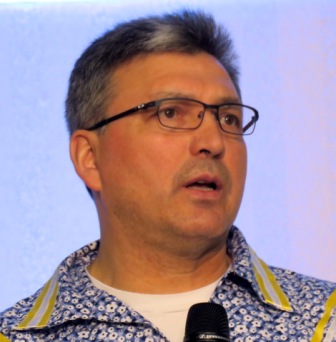August 2, 2019, amiskwaciwâskahikan (Edmonton, AB): On July 23, 2019, the Chiefs at the Assembly of First Nations annual general meeting, unanimously passed a resolution declaring a climate emergency in the face of reports from the Intergovernmental Panel on Climate Change (IPCC) Report, which warn that global temperature rise must not increase beyond 1.5%, and Canada’s Changing Climate Report, which places Canada as a top contributor to global temperature rise. The resolution states, “the climate crisis constitutes a state of emergency for our lands, waters, animals, and peoples.”
“Western science has finally caught up with what our elders and knowledge holders have been telling us for centuries. Many Indigenous people have been taught on the land, through ceremonies, teachings and stories about Creation. We are taught that everything has a spirit and a purpose, and we have to honour that spirit. We have to do that by taking only what we need and giving back. It’s Natural Law, the law of reciprocity. We are taught the Earth, our Mother, is out of balance, and has not been given time to heal. But we are also taught that she is mighty, and will do what she has to do to cleanse herself but before that happens the air and water will be poisoned and our natural foods will be scarce. That’s what our elders tell us,” stated Marlene Poitras, Assembly of First Nations Alberta Regional Chief.
Regional Chief added, “Climate change should be a non-partisan issue. All levels of government federal and provincial have an important role to play in combating climate change by enacting and enforcing regulations to cap and lower emissions, and enacting policies that encourage a speedy transition to clean energy such as wind and solar. They can provide support for mitigation and adaptation directly to First Nations to mitigate climate change impacts. They can support our elders and the transfer of Indigenous Traditional Knowledge to youth and help build climate change leaders in our communities. This federal election is a good opportunity to ask all candidate’s what their plan is on climate change.”
“We must all take action collectively. We cannot wait. As First Nations, we must take on the responsibility as stewards of the land to protect Mother Earth, so that our children can have a future. Every person can take personal responsibility to lower their environmental impact by making better consumer choices, reducing consumption, reusing and recycling. Canada has set a target of 2021 for a ban on single-use plastics. These are targets that individuals can help achieve immediately. We must give our children hope,” Regional Chief concluded.







Be the first to comment on "AFN Chiefs declare the climate crisis is a state of emergency"